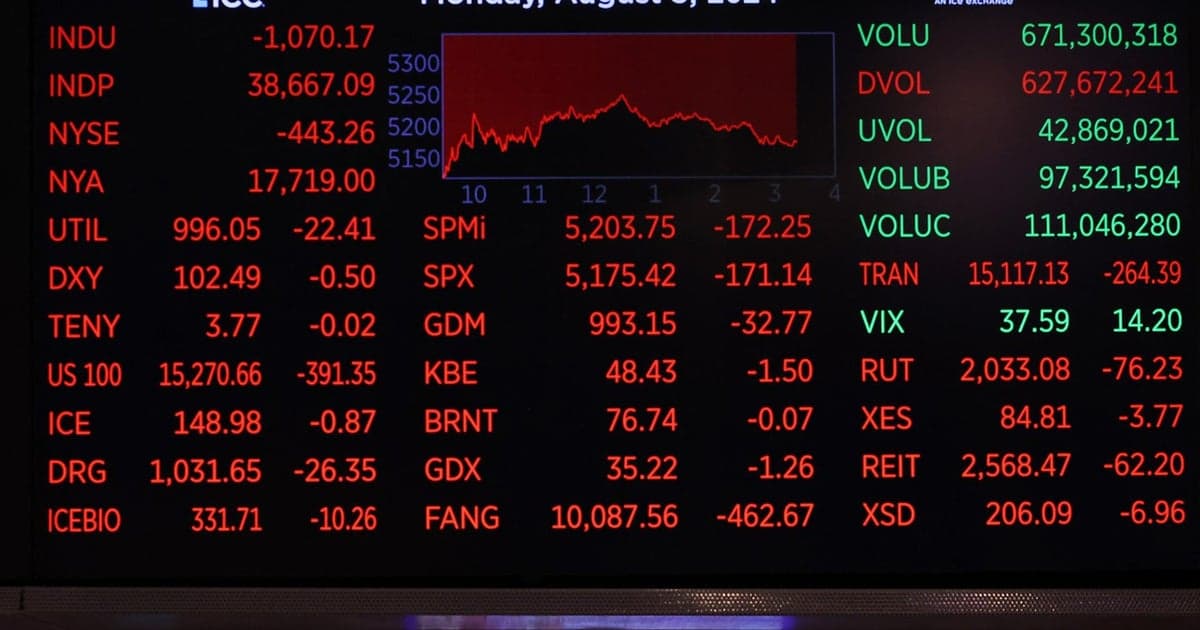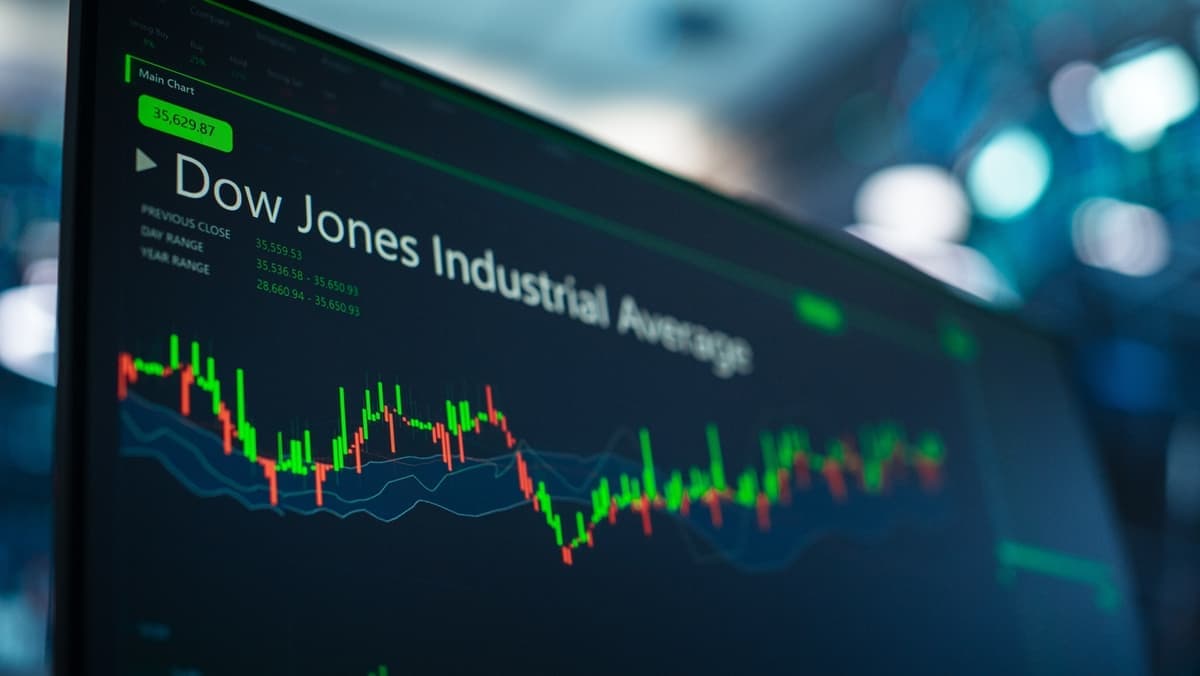AI Stock Selling Triggers Broad Market Decline, Investors Nervous
A sharp sell off in companies tied to artificial intelligence rattled equity markets on November 18, pushing technology benchmarks lower and prompting renewed debate about valuation risk and regulatory oversight. The move matters because a concentrated cluster of AI leaders now drives large portions of index performance, raising questions about market stability and the durability of the recent AI rally.

Markets fell on November 18 as investors moved to reduce exposure to AI related companies, CBS News reported, turning what had been a narrow rotation into a broader equity pullback. The sell off hit technology heavyweights and semiconductor suppliers hard, amplifying losses across major indexes and increasing volatility in already sensitive segments of the market.
Traders and portfolio managers cited a mix of concerns behind the swoon. Profit taking followed a prolonged run-up in prices for firms tied to generative AI and machine learning infrastructure, and fresh scrutiny of business models and revenue growth prospects prompted reappraisals of rich valuations. Regulatory uncertainty also contributed as lawmakers and agencies worldwide accelerate reviews of AI safety, data use, and competition issues, adding to the sense that near term earnings could come under pressure.
The concentration of recent gains in a handful of large cap AI names magnified the effect. When leadership narrows, a sell off in those names has outsized consequences for passive index returns and sector specific funds. Market structure factors compounded the move, as high turnover among ETFs and funds tracking AI and technology strategies forced further selling into weaker market liquidity.
Rising interest rate expectations and tighter financial conditions were additional headwinds. Higher discount rates weigh more heavily on growth companies whose valuations reflect out year earnings. Investors reassessed risk premia, rotating toward more defensive sectors and cash, and trimming exposure to speculative positions accumulated during the AI optimism phase.
The immediate market impact was a sharp increase in trading volumes and a spike in measures of uncertainty. Volatility gauges rose and short term option activity surged as traders sought ways to hedge portfolios. Institutional investors flagged intra day swings and the potential for forced selling in levered accounts if declines persisted, a dynamic that can deepen drawdowns in concentrated rallies.
Policy makers and regulators will be watching the fallout. Central bank officials monitor financial stability risks that emerge from abrupt repricings, and securities regulators are attentive to market integrity during episodes of rapid sector rotation. For corporate America, companies dependent on AI hype now face higher scrutiny on guidance and execution as investors demand clearer evidence of sustainable revenue growth and margin improvement.
Longer term the episode underscores two enduring trends. First, AI is transforming business models and investment themes across industries, but adoption timelines and monetization remain uneven. Second, markets are increasingly susceptible to concentration risks as a small set of technology leaders account for a growing share of equity gains. For investors the sell off is a reminder that periods of technological disruption carry both opportunity and elevated cyclical risk, and that portfolio diversification and rigorous earnings analysis are likely to be more important than ever.


